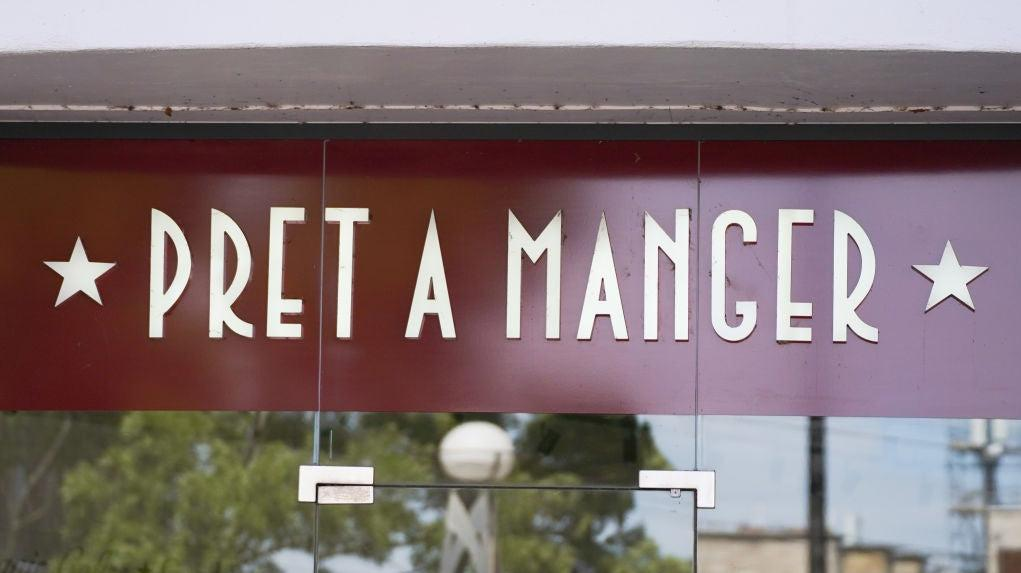Pret A Manger Is In Trouble—the Most Futuristic Kind Of Trouble
A Chicago-area location violated Illinois law regarding biometric information.
Have you ever needed to access anything by biometric scan? Weird way to start a conversation, I know. An old job of mine would warrant an occasional visit to a location that was locked down with some serious technology, which included a hand scanner. No, I didn't work for a secret government association, I swear. In Illinois, there are strict rules pertaining to biometric scanning, and violation of those rules comes with serious consequences: British-based restaurant chain Pret a Manger (which means "ready to eat" in French) must fork over $677,000 due to a class-action lawsuit regarding biometric information, reports Restaurant Business Online.
In the case of Pret a Manger, biometric hardware was used to scan employees in and out of their shifts at Chicago locations via fingerprint identification. The main plaintiff, a former barista, filed suit against the takeout chain for violating the Illinois Biometric Information Privacy Act (BIPA) in multiple ways.
First off, the suit alleged that Pret did not adhere to record-keeping rules when it came to the retention and destruction of biometric data. And second of all, Pret never received written consent from its employees, nor did it provide proper disclosure to them about the storage and collection of their biometric information. The company repeatedly asked for the case to be dismissed until agreeing to mediate the case this past August.
The total amount settled for is $677,450, and once all fees have been considered, each of the 797 former Pret employees will get $518. That's slightly more money than the single penny I received from a class-action lawsuit once.
Illinois hasn't been home to a Pret a Manger location since July of 2020, because the chain suffered a huge sales hit from the pandemic and closed all of them in our state. I used to go to one of the locations in downtown Chicago for a quick (expensive) bite when I worked in the city. It was mainly focused on office workers who needed something to eat fast, and without office workers, the core customer base was all but gone.
Illinois state rules governing biometric data are among some of the stiffest in the country, so the outcome of this case isn't surprising. As it turns out, an old fashioned time sheet isn't such a bad thing after all.
